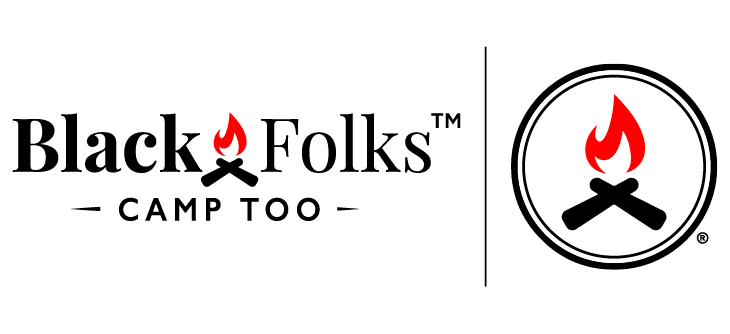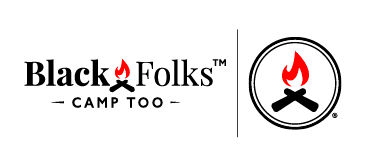A New Startup Wants to Teach the Outdoor Industry That ‘Black Folks Camp Too’
This article was written by Adam Roy and originally appeared on backpacker.com
After a cross-country road trip, Earl Hunter Jr. made it his business to break down racial lines in the outdoors.
Earl Hunter Jr. was working as a vice president for camper manufacturer Sylvansport, traveling all around the country for sales calls, when his son, Dillon, asked a question that would change his career.
“He said, ‘Dad, you’re always going on vacation, can I come?’” Hunter recalls. “Of course, I wasn’t traveling for vacation.” But Hunter agreed, and the two packed up, hitched a pop-up camper to their truck, and left home in North Carolina for a summer-long, father-son adventure.
The trip was epic: Over three months, the father-and-son pair visited 49 campgrounds in 20 states and provinces across the USA and Canada, driving close to 14,000 miles and visiting myriad national parks and forests along the way
Still, over the course of their months on the road, Hunter noticed that wherever he and his son went, they were the only Black campers. In three months of travel, they met only one other Black family, at a KOA in Albuquerque.
The experience became the catalyst for Hunter’s new business, Black Folks Camp Too. Launched at the Outdoor Economy Conference in October 2019, the startup consults with brands across the outdoor space to help them reach Black customers. The goal, Hunter says, is to encourage more Black campers to get outside by educating an industry that has rarely invited them into the lifestyle.
The data support Hunter’s assessment: According to the 2019 Outdoor Industry Association Participation Report, Black Americans are far less likely to camp or hike than any other racial group. Only 5.9 percent of Black respondents said that they camped or backpacked, versus 16.3 percent of white respondents. Just 5.5 percent of Black Americans said they hiked, versus 20 percent of Caucasians, 21.2 percent of Asian people, and 14.6 percent of Hispanic people.
The reasons behind the gap are many; Hunter cites a lack of Black representation in outdoor companies’ advertising as one of them. But more than that, he says, the industry is mostly blind to the generational trauma behind why many Black Americans still don’t feel safe in the backcountry.
“There’s some systemic reasons and some systemic history behind why we don’t camp, especially in the South,” Hunter says. “The woods were not a safe place for us, some of the most heinous things happened there. So my great-grandparents, you know, they’d tell us not to go in the woods.”
Hunter emphasizes that his company isn’t “the pioneers of getting Black folks to camp.” Instead, his aim is to work with outdoor brands’ marketing teams to connect with Black consumers who may want to camp but don’t feel comfortable starting yet, creating inclusive content for their social media platforms, running on-lot events, and occasionally putting together all-new marketing plans for them. In return, a few partners have ponied up the money to sponsor trips for new campers, who might otherwise not be able to afford necessary gear; one RV dealership funded a recent trip, to the mountains of North Carolina, to the tune of about $1,500.
In the backcountry or in a developed site, Hunter sees camping together as a path toward mutual understanding and support at a time the U.S. needs it more than ever.
“The campfire is a healing place, especially what we have going on right now,” he says. “It can be a place with no walls, where people can really express themselves and be respected, because the one thing we do have in common would be the outdoors.”








